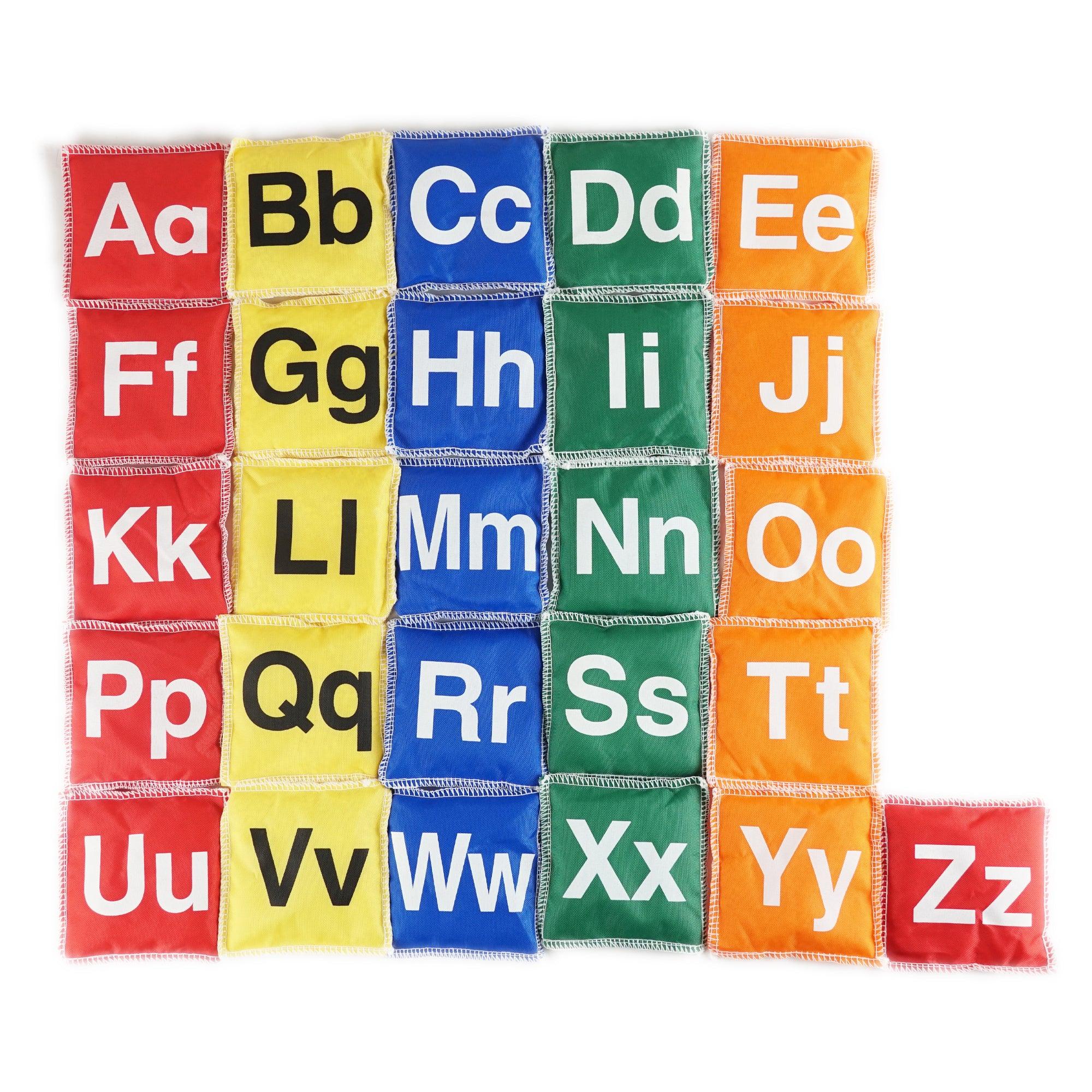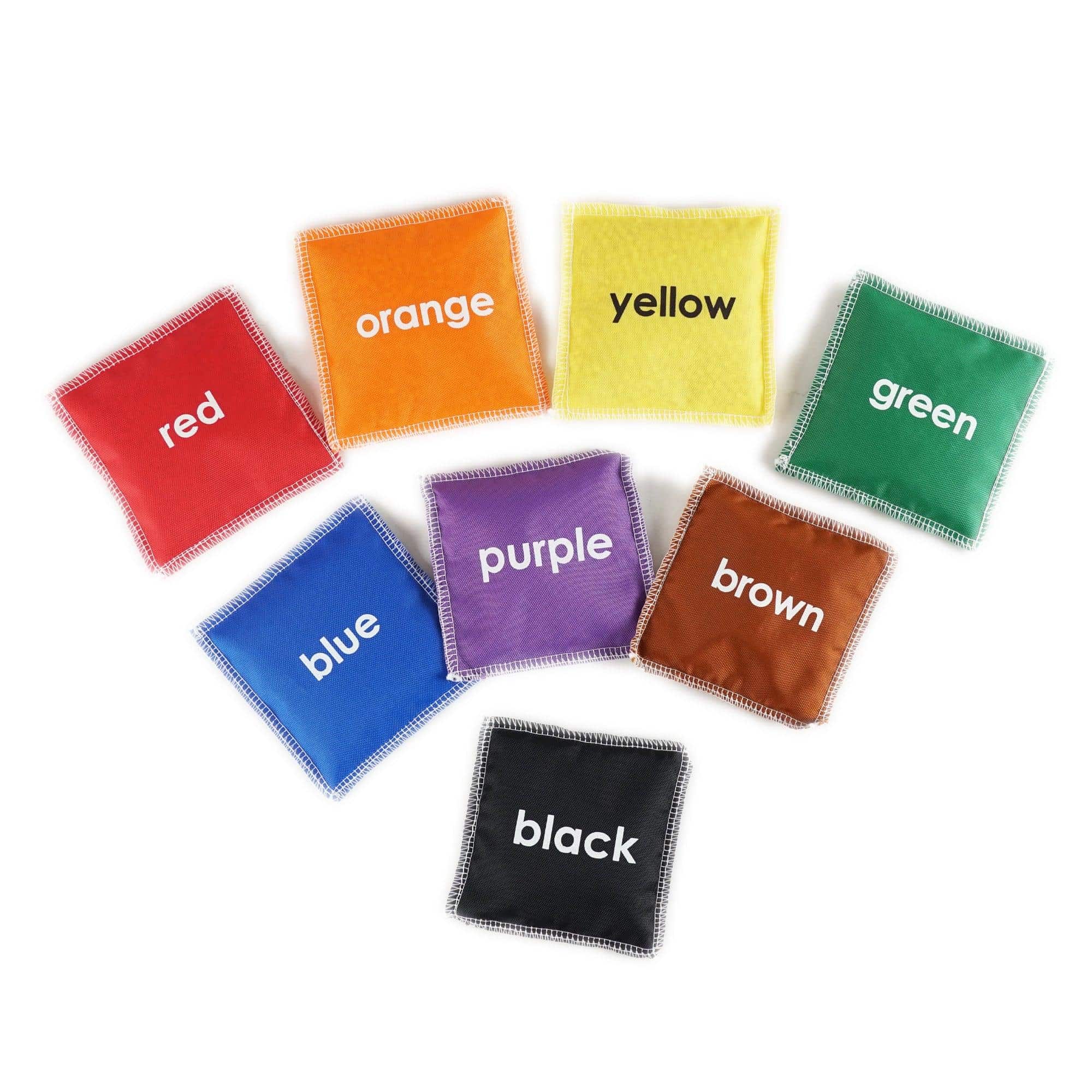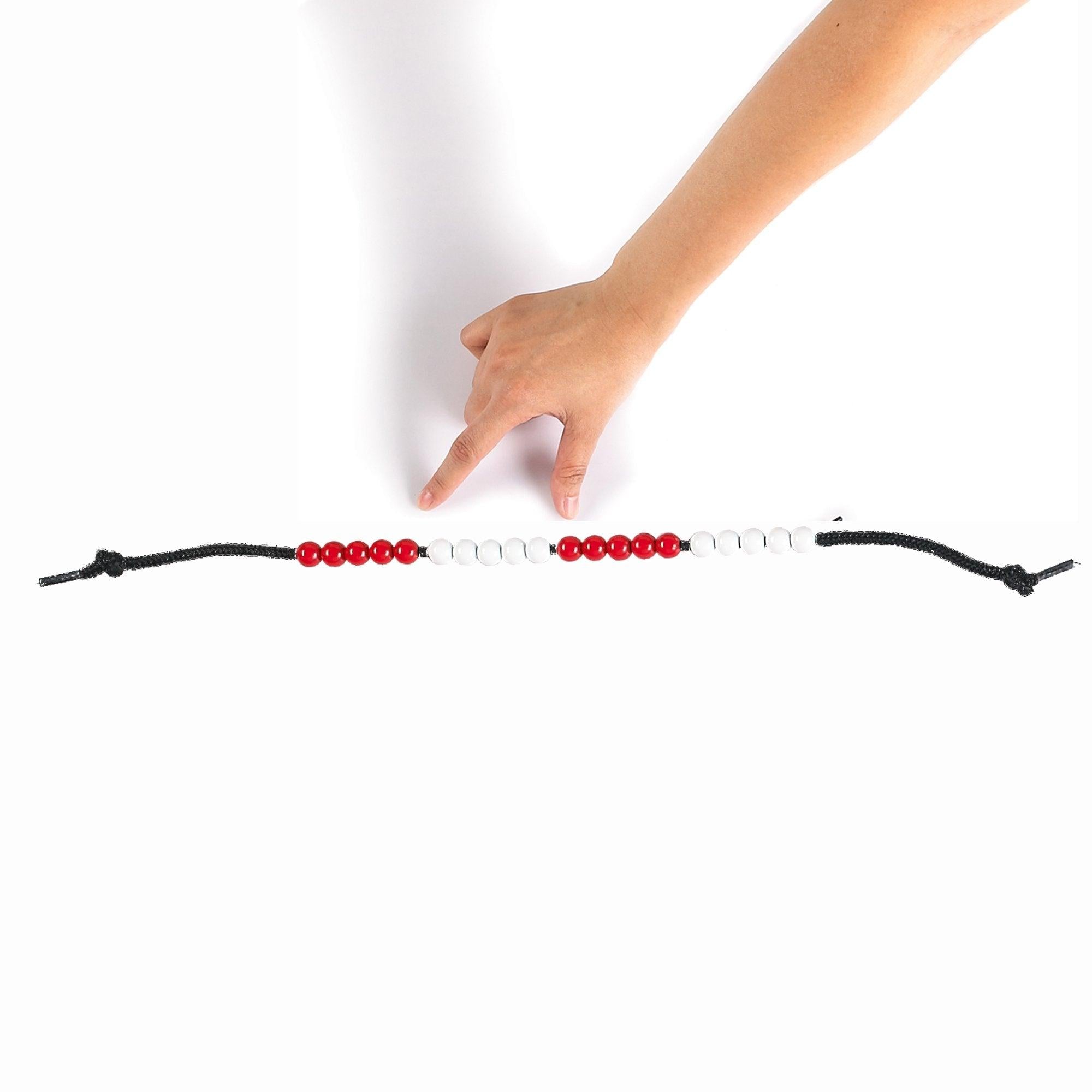The Benefits of Cooperative Toys for Developing Cooperation Skills
Introduction
In today’s fast-paced world, teaching children the values of cooperation and teamwork is essential for their personal and social development. Cooperative toys are an excellent tool for promoting these skills and fostering positive interactions among children. This article explores the numerous benefits of cooperative toys and highlights their significance in developing cooperation skills.
Benefits of Cooperative Toys
1. Encourages Collaboration
Cooperative toys require children to work together towards a common goal, encouraging collaboration and the exchange of ideas. This collaborative play fosters communication skills and helps children learn the importance of teamwork, compromise, and problem-solving.
2. Develops Social Skills
Cooperative toys provide an opportunity for children to interact with their peers, improving their social skills. Engaging in cooperative play helps children learn to share, take turns, negotiate, and understand different perspectives. These social skills are essential for building relationships, resolving conflicts, and functioning effectively in group settings.
3. Promotes Empathy and Understanding
Through cooperative play, children learn to appreciate and understand the feelings and needs of others. They develop empathy by considering the perspectives and emotions of their playmates. This promotes a sense of inclusivity, compassion, and a deeper understanding of others – vital traits for fostering harmony and cooperation in their future relationships.
4. Enhances Cognitive Skills
Cooperative toys often involve problem-solving, critical thinking, and strategizing. By working together to overcome challenges, children enhance their cognitive skills, including logical reasoning, creative thinking, and decision-making abilities. These skills are transferable to various aspects of their academic and personal lives.
5. Builds Confidence and Self-Esteem
Cooperative play provides an environment where children can celebrate their accomplishments and contribute meaningfully to a group effort. Through successful collaborations, children build confidence in their abilities, boosting their self-esteem and sense of self-worth.
6. Fosters Problem-Solving Skills
Cooperative toys often present children with challenges that require them to think critically and come up with solutions as a team. They learn to listen to others’ ideas, consider multiple perspectives, and find innovative ways to overcome obstacles. These problem-solving skills are crucial for navigating through various life situations.
Features of Cooperative Toys
- Diverse Range: Cooperative toys come in various forms, including board games, building blocks, puzzles, and role-playing sets.
- Multilevel Complexity: These toys offer different difficulty levels, catering to the developmental stages of children from toddlers to older kids.
- Interactive Gameplay: Cooperative toys often involve interactive elements that require children to engage with each other, promoting communication and collaboration.
- Positive Reinforcement: These toys often incorporate positive reinforcement mechanisms such as rewards or recognition for successful cooperation, encouraging children to continue working together.
- Age-Appropriate Themes: Cooperative toys feature themes that resonate with children’s interests and age groups, making the play experience more engaging and relatable.
- Educational Value: Many cooperative toys are designed to provide educational benefits by incorporating learning concepts such as math, problem-solving, language skills, and more.
Conclusion
Cooperative toys offer a myriad of benefits for children, playing a significant role in the development of cooperation skills. By encouraging collaboration, promoting social skills, fostering empathy, enhancing cognitive abilities, boosting confidence, and facilitating problem-solving, these toys provide a holistic approach to children’s growth. Investing in cooperative toys can have a lasting positive impact on children’s personal, social, and academic lives.




